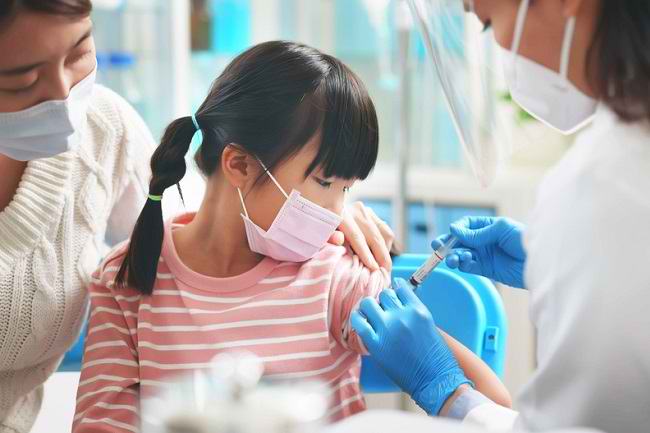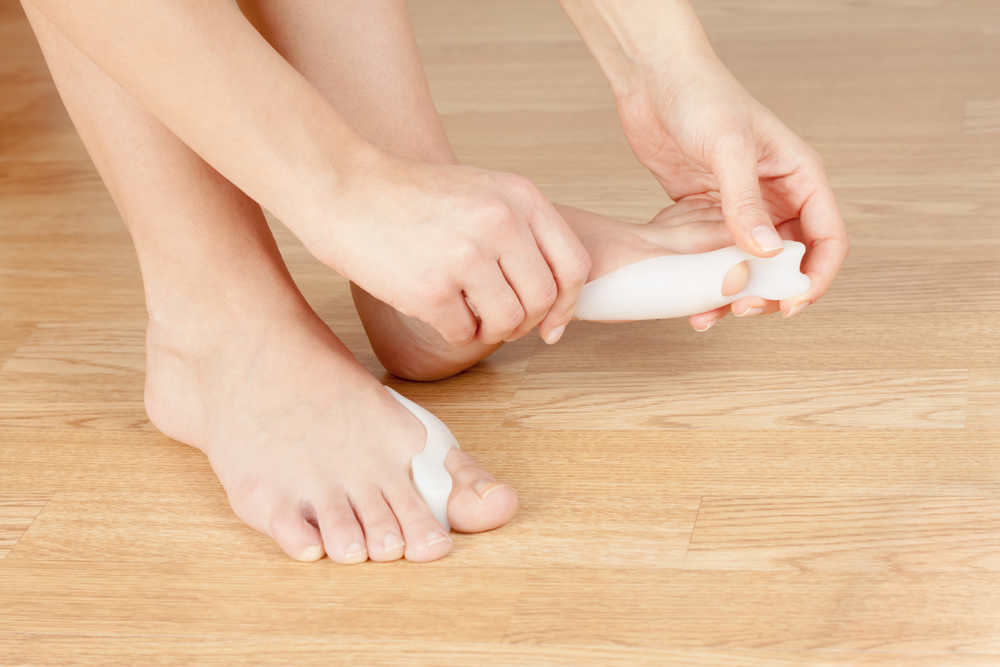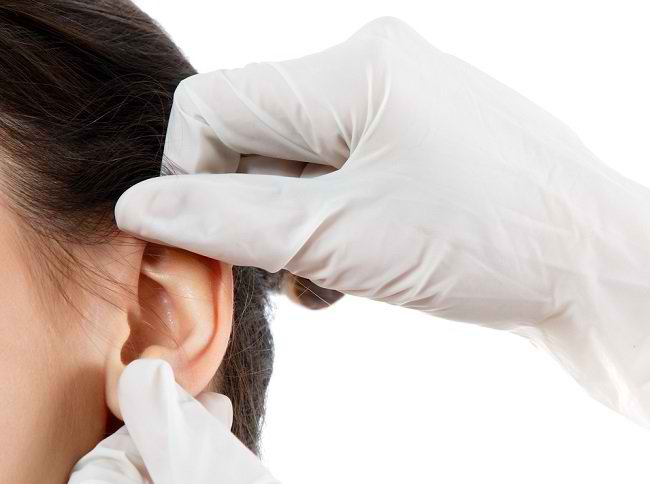Red rash and High fever is not always a symptom of measles or rubella. Condition iThis may be one of the symptoms of transmission of the roseola infantum virus. Proper handling will prevent toddlers from dangerous risks.
Roseola infantum virus often attacks infants aged six months to 1.5 years. Generally, this virus is not dangerous, sometimes even this condition is not detected because the symptoms are general. Even so, you still have to be vigilant if this condition attacks your baby, because roseola is an infectious disease.

Various SymptomsRoseola Infantum
The appearance of roseola is usually characterized by several symptoms, including:
- High fever suddenly.
- Cough, runny nose and sore throat.
- Mild diarrhea.
- Red rash.
- Loss of appetite.
- Swollen glands in the neck.
- Swelling of the eyelids.
Fever will usually go down after 3-4 days. After that, a pink rash appears that usually appears on the back, stomach, or chest. The rash can be itchy, and sometimes it can spread to the legs and face. In some very rare cases, a child with roseola will have a febrile seizure.
Roseola usually occurs due to infection with herpes virus type 6 (HHV/human herpesvirus 6) which spreads the same as the flu transmission, namely through coughing or sneezing from other children who were first infected. In addition, the virus can also be transmitted after touching objects touched by the patient. These items can be door handles, toys, or glasses and cutlery.
How to overcome Roseola Infantum
Toddlers who have roseola can generally recover after getting enough rest. You can also help the healing with some of the steps below:
- Give enough to drinkThis needs to be done even if the child may not feel thirsty, to prevent dehydration. If your little one is still consuming breast milk, give breast milk regularly every day.
- Rest in a cool room
Let your little one rest in a comfortable room and the temperature is low or cool. If possible, you can open the bedroom window so the room doesn't feel stuffy.
- Use fever-reducing medication if necessary
Give febrifuge if he has a fever. However, do not give paracetamol and ibuprofen at the same time. In addition, never give aspirin to children under the age of 16, unless prescribed by a doctor.
- Take a bath with warm waterDo not use cold water when bathing while sick. Instead, bathe him in warm water. If this is not possible, it is recommended that you clean the body with a cloth dampened in warm water.
Generally, roseola infantum will subside on its own within a week. However, consult a doctor immediately if:
- The child has a high fever and seizures.
- The rash doesn't go away after three
- The child's immune system is weak due to a serious illness.
- The child is undergoing certain medications, such as chemotherapy.
Roseola infection can occur at any time of the year. Therefore, if your child is exposed to roseola infantum, he should not go to school until his condition improves, so as not to transmit the infection to other children.
Roseola can also occur in adults if they have never been exposed to this virus. Roseola infection in adults tends to cause mild symptoms, but can also be contagious in children. Until now there is no vaccine to prevent roseola, so it is important to avoid contact with people who are infected.









